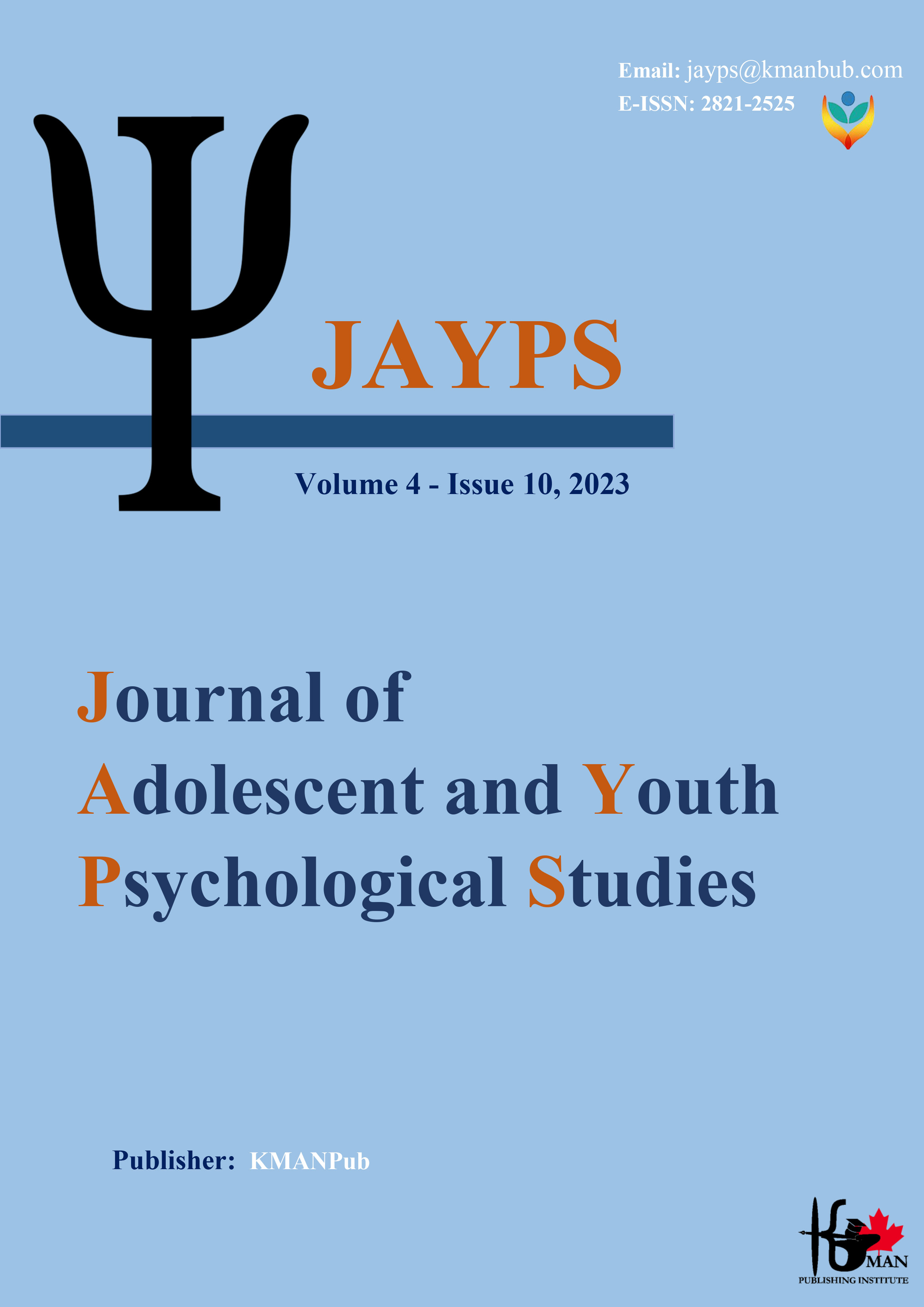Modeling the structural relationships of academic procrastination based on problem-solving styles with the mediating role of academic persistence
Keywords:
Academic procrastination, problem solving styles, academic persistence.Abstract
Background and Aim: One of the most important objectives of the education system in any country is to enhance the scientific level and academic ability of students. The purpose of the current research was to model the structural relationships of academic procrastination based on problem-solving styles with the mediating role of academic persistence. Methods: This research is descriptive of the type of correlation designs based on structural equation modeling method. The statistical population of this research was the students of the second secondary school in Hamedan city in the academic year of 2021-22. 304 students were selected by multi-stage cluster sampling method. Solomon and Rothblum's (1986) academic procrastination questionnaires, Cassidy and Long's (1996) problem-solving styles, and Martin and Marsh's (2008) academic persistence questionnaires were used to collect data. Data analysis was done through SPSS-25 and Amos-24 software. Results: The findings showed that academic persistence and components of trust, tendency and creativity have a negative effect on academic procrastination. The helplessness component has a positive effect on academic procrastination. But the direct effect of inhibition and avoidance components on procrastination was not significant. The components of confidence, orientation and creativity have a positive effect, and helplessness, avoidance, restraint have a negative effect on academic persistence. The components of trust, tendency and creativity have a negative effect on academic procrastination with the mediation of persistence. Also, helplessness, restraint and avoidance have a positive effect on academic procrastination through the mediation of academic persistence. Conclusion: Problem-solving styles and academic persistence are factors that affect academic procrastination. These findings can be considered a model for intervention.
Downloads
Downloads
Additional Files
Published
Submitted
Revised
Accepted
Issue
Section
License

This work is licensed under a Creative Commons Attribution-NonCommercial 4.0 International License.









